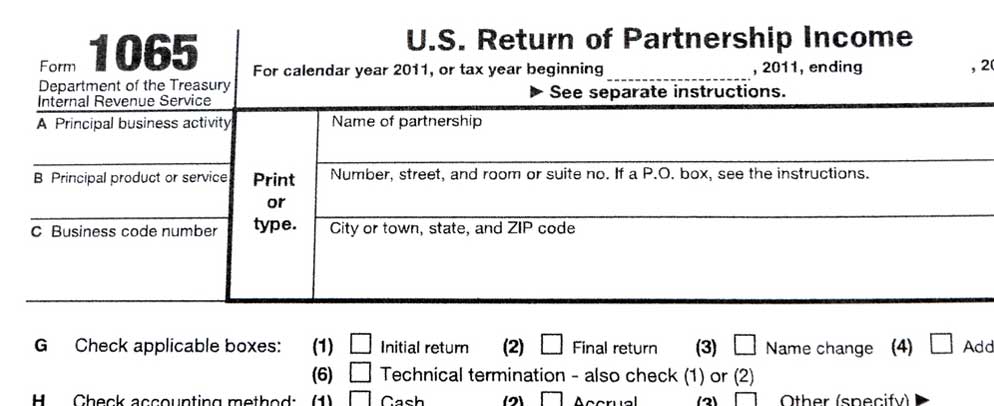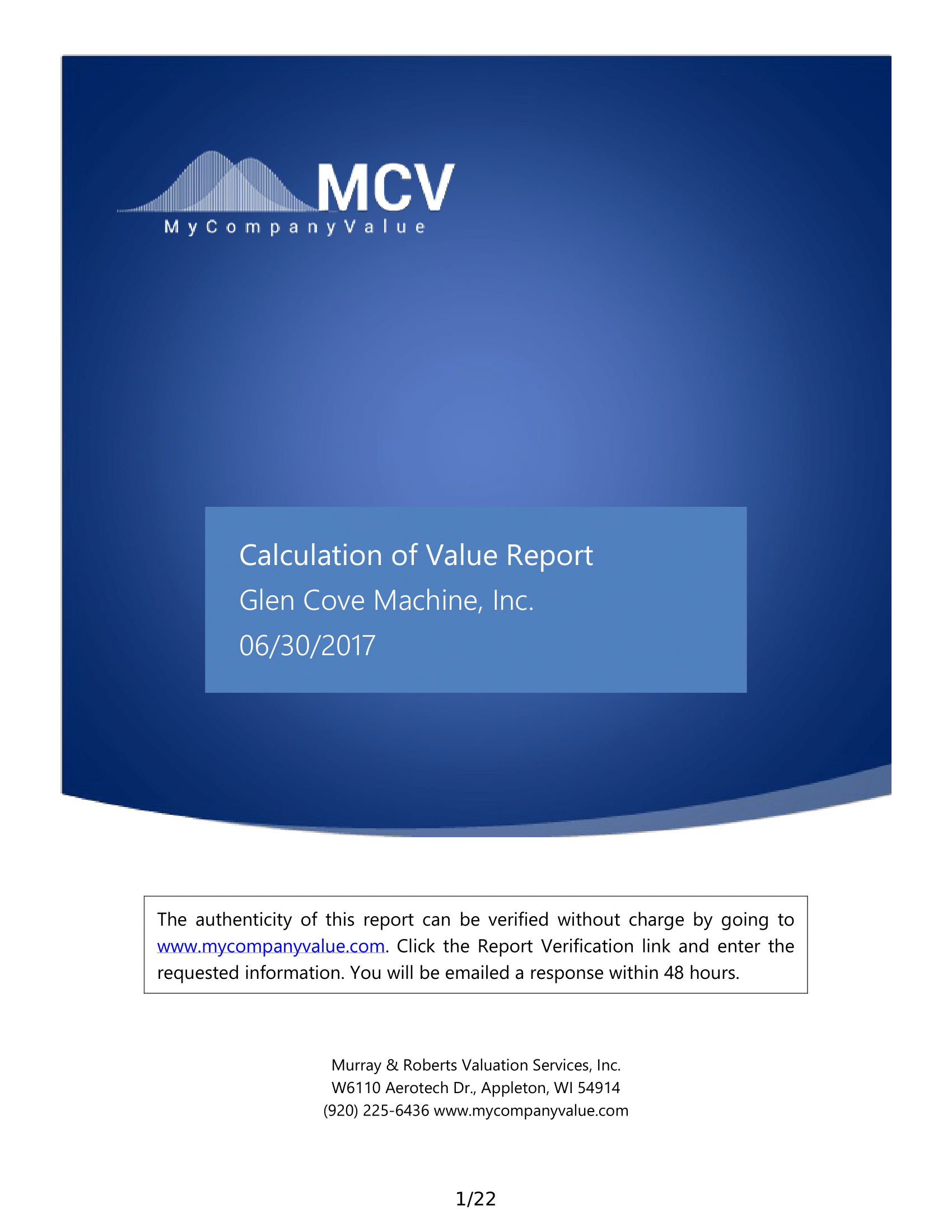Are Valuation Experts Tax Affecting the Wrong Earnings?

October 2, 2012
NYU professor and noted valuation authority Aswath Damodaran posted a blog article (The dividend 'tax cliff' approaches: Implications for stocks) about the potential devaluation of dividend paying stocks if the preferred dividend tax rate were to climb back up to the ordinary rate. If equities would be devalued due to an increase in the dividend tax rate, then the rate of return required by investors for equities was lower during the period the preferential rate was in effect than before or after the preferential rate existed. Investors recognize the preferential tax rates available to them for long-term capital gains and qualifying dividends, and require a lower rate of return from assets producing tax-preferred income.
This could inspire valuation experts to make a tax adjustment reducing untaxed PTE (Pass Through Entity) income to equate it with corporately taxed income that qualifies for tax preference at the shareholder level. Before making this tax adjustment, the valuation expert should consider the following:
1. If the build-up method is used in the income approach, and Ibbotson data is used to arrive at the discount rate, the 80+ year return averages used were derived from a period where capital gains and dividends where predominantly not tax preferred. Non-preferred PTE earnings may be more comparable to the historic discount rate than the recently tax preferred corporate earnings.
2. If a transactional data method is used in the market approach, many of the comparable companies (depending on the size of the subject company) will also be PTEs. Given that the investors acquiring those companies have factored the entity status into their decision, it would not be appropriate to convert PTE income to tax preferred income when comparing to other PTEs.
3. Investors offset the benefit of tax preferred dividends against the absence of a preferential long-term capital gains tax rate applied to C corp assets. The degree of the offset is dependent upon: the tax circumstances of the investor, the probability of the investment being liquidated in an asset sale, and the potential capital gains resulting from such a sale.
While it is clear that investors would prefer lower taxed C corp dividend income to ordinarily taxed PTE income (all else being equal) perhaps valuation experts are adjusting the wrong income. Instead of reducing PTE earnings to make them equivalent to C corp earnings, then valuing the reduced earnings using historic equity returns (which are derived predominantly from non-tax preferred periods), perhaps the PTE earnings should not be reduced at all. Instead, when valuing a C corp, the required rate of return by investors should be adjusted to factor in the relatively recent tax law preferring them.
Making an adjustment to lower the required rate of return for C corp earnings to reflect the temporary tax preference given them would effectively increase the value of those earnings to the investor. This could be applied for the time period that the beneficial tax rate is expected to be present. This rate adjustment could also be moderated based the potential of an asset based sale causing capital gains to be taxed at the corporate level. Making this adjustment would properly account for the potential decrease in value postulated by Professor Damodaran
Brian Murray CPA/ABV, CVA specializes in business valuation, merger and acquisition consulting, and has served as an expert witness in court.

BRIAN MURRAY CPA/ABV CVA
Company founder Brian Murray CPA/ABV, CVA (Accredited in Business Valuation, Certified Valuation Analyst) has been in public accounting since 1997. Prior to that he was in finance at Kimberly-Clark Corp., audit at M&I Bank Corp., and accounting manager at Browning-Ferris Ind. Brian's areas of specialty are estate and trust tax and business valuation.Brian's community involvement includes: serving as Treasurer of the Salvation Army Fox Cities, serving on the Board of Directors of the Fox Valley Humane Society, serving on the Board of Directors of Big Brothers/Big Sisters, serving on the Board of Directors of the Wildwood Film Festival, and serving on the Board of Directors of Mothers and Unborn Baby Care. Brian also volunteered as a Big Brother for four years, and for United Way's fundraising campaign for multiple years. Brian and his family live in Neenah, WI.
Brian has been consulting clients regarding business value and merger & acquisition transactions since 2000. The majority of the valuation reports written were to aid a buyer or seller in a transaction or negotiation. Brian has often served as lead negotiator for prospective buyers or sellers.
Brian has served as an expert witness in corporate litigation cases as well as divorce, and has performed valuations for estate and gift tax returns, and estate planning.
